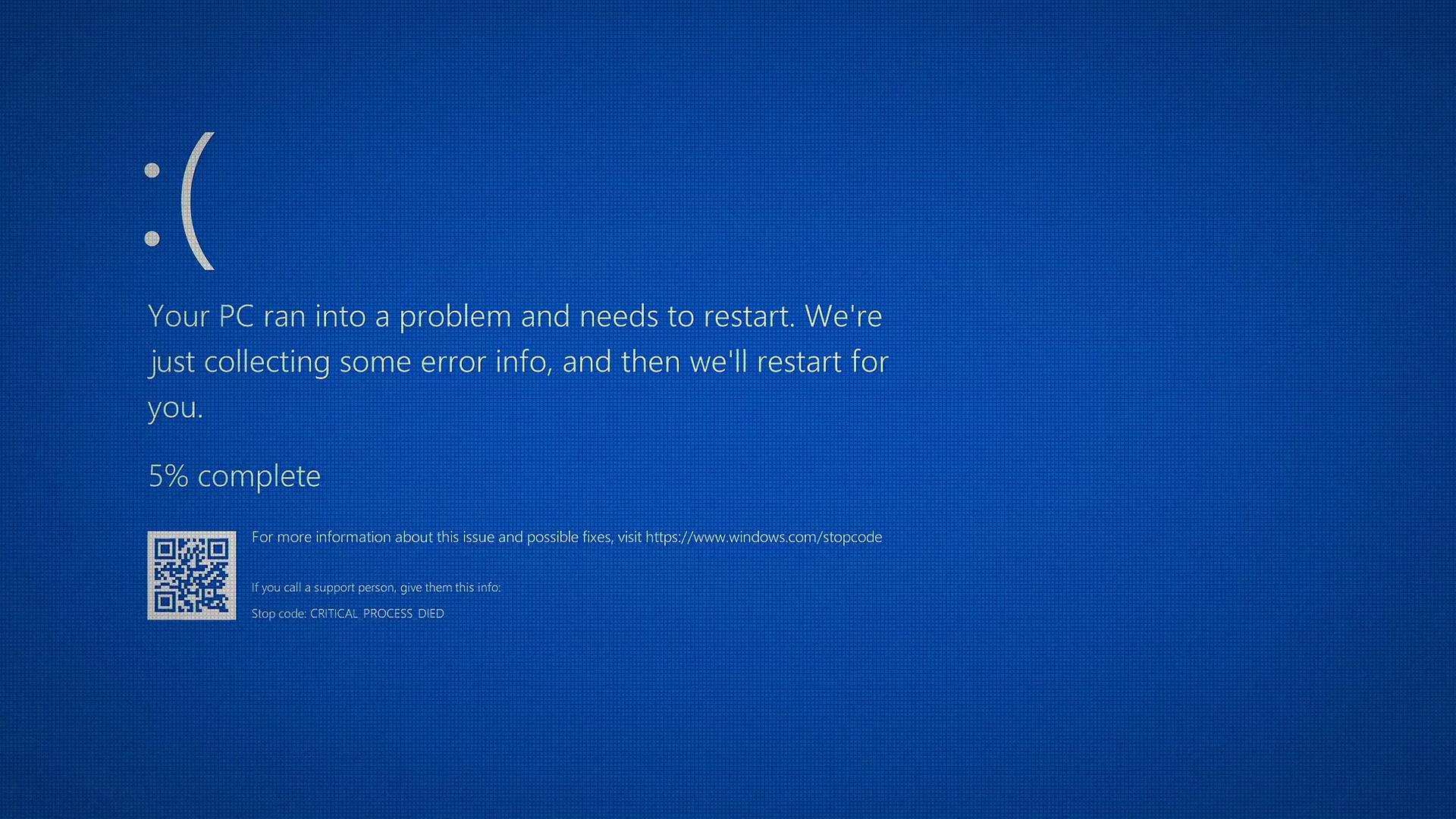Chaos Engineering
Introduction
Course Introduction
Welcome to this lesson on chaos engineering with AWS Fault Injection Simulator (FIS). I’m Nasia Ullas, and I’ll guide you through designing, executing, and analyzing fault-injection experiments to strengthen your system resilience.
As modern architectures grow in complexity, unexpected failures can lead to significant downtime costs:
- 44% of organizations report that 1 hour of downtime costs between $1 million and $5 million.
- In 2021, Facebook incurred $80 million+ in losses from seven hours of downtime.
- A recent “blue screen of death” outage impacted airlines, banks, healthcare providers, and countless other businesses worldwide.

Chaos engineering is the practice of intentionally injecting faults into a system to uncover weaknesses and validate its ability to withstand real-world disruptions. In this course, we’ll leverage AWS Fault Injection Simulator (FIS) to conduct controlled experiments in your AWS environment.
Course Outline
We’ll cover seven high-level modules, each focusing on different AWS services and fault types:
Module 1: Basic FIS Experiments
Configure IAM, create experiment templates, execute tests, and monitor results with dashboards.Module 2: Sample Application & Steady-State Metrics
Deploy a reference application and define baseline performance metrics.Module 3: Disk Fill Scenario on EC2
Simulate disk saturation on EC2 instances and analyze its impact on application behavior.Module 4: Aurora Reader Reboot
Inject a reboot fault into an Aurora reader node and observe recovery processes.Module 5: Fargate Load Stress Test
Apply CPU and memory stress to a serverless Fargate task and evaluate performance under high load.Module 6: EKS Memory Stress & Pod Deletion
Perform memory saturation tests and pod-deletion experiments in your EKS cluster to validate self-healing.Module 7: Availability Zone Power Interruption
Simulate a power outage in an entire availability zone to assess multi-AZ resilience.
Conclusion
By the end of this lesson, you’ll have a solid understanding of how to:
- Design robust failure scenarios for cloud applications.
- Execute controlled experiments safely.
- Analyze results to strengthen your system’s resilience.
Let’s get started and build more reliable, fault-tolerant architectures with AWS FIS!
Further Reading
- AWS Fault Injection Simulator Documentation
- Amazon CloudWatch
- AWS X-Ray
- Amazon EC2
- Amazon Aurora
- AWS Fargate
- Amazon EKS
Watch Video
Watch video content